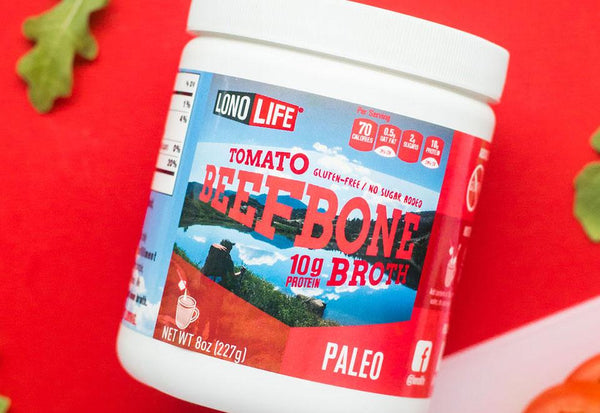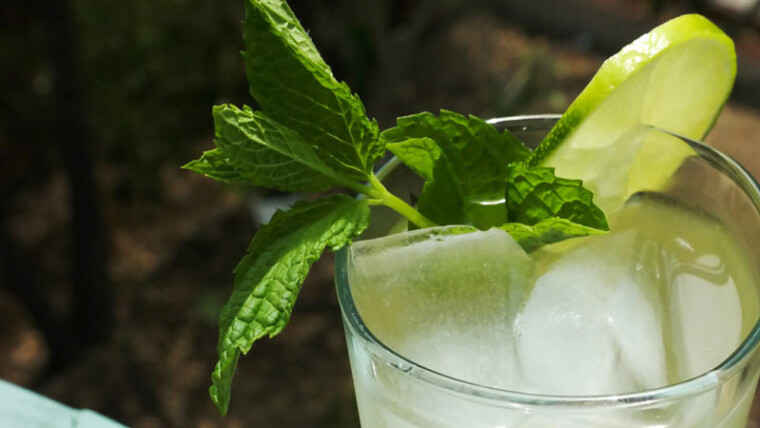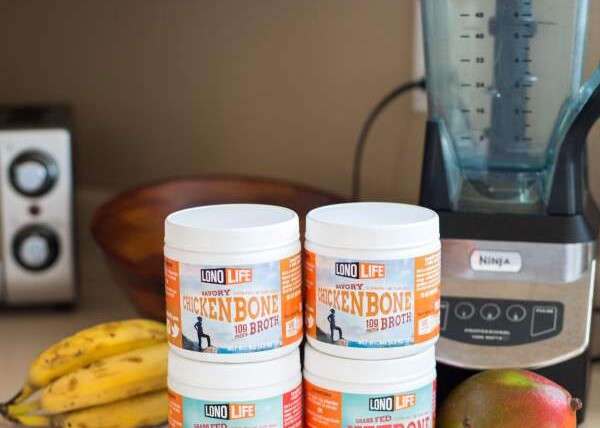We’re going to start this post with one of those fun “Did you know” questions. So here goes:
Did you know that on average, 60% of our body weight is from water?
Crazy, right?
Water is critical to our survival, and although the average adult can survive up to three weeks without food, we won’t survive more than three to four days without water.
But while most of us (fortunately) won’t be in a position to test that theory, we often ignore our hydration needs on any given day and end up consuming less liquids than we should. So let’s talk hydration!
WHY IS HYDRATION SO IMPORTANT?
We all reach for a drink to quench our thirst (which means you are already slightly dehydrated, by the way), but did you know that your glass of water is doing so much more than that? Water helps to “regulate body temperature, keep joints lubricated, prevent infections, deliver nutrients to cells, and keep organs functioning properly. Being well-hydrated also improves sleep quality, cognition, and mood.” Whoa, that’s a lot of work going on there. Let’s break some of these down a little further…
Helps Sleep: Dehydration leads to fatigue, lethargy, and other issues such as dry mouth and nose and muscle cramps that can make it hard to sleep.
Prevents Some Headaches: When the body is dehydrated, “the brain can temporarily contract or shrink from fluid loss. This mechanism causes the brain to pull away from the skull, causing pain and resulting in a dehydration headache.”
Aids weight loss: Hungry? Your brain might be playing tricks on you and you may actually be thirsty, so have a glass of water first. Ready to eat dinner? Drink a glass of water beforehand which will help you eat less. There are several reasons why staying fully hydrated supports weight loss, but the experts agree, “Increased Hydration Can Be Associated with Weight Loss”.
Reduces joint pain: Dehydration can cause joint pain because of the lubricating effect it has on the joints. It’s estimated that 70 – 80% of your joint cartilage consists of water. “If you are hydrated, then the gel-like liquid provides nutrition, shock-absorption, lubrication, and cushioning in the joints.”
Eases constipation: Your colon uses water from your stool to keep your digestive system moving. The less water there is, the greater the chance of constipation.
HOW MUCH SHOULD YOU DRINK EACH DAY?
Although there are rough guidelines, this does depend to some degree on your size, activity level, and your environment. If you’re running 10 miles each morning your hydration needs will be higher than someone who heads straight to their desk after breakfast. That said, the typical guidelines are eight glasses of water a day for the average adult. Or, if you follow the advice of The U.S. National Academies of Sciences, Engineering, and Medicine, you should aim for the following:
- About 15.5 cups (3.7 liters) of fluids a day for men
- About 11.5 cups (2.7 liters) of fluids a day for women
Try out this handy little Hydration Calculator to determine the right amount for you and your lifestyle.
WHAT KIND OF DRINKS COUNT?

We get it, there’s only so much water we can drink before we’ve had enough. The good news is that there are multiple ways to stay hydrated beyond simple water. Think herbal teas, milk, juice, and bone broth. Bone broth is a great hydration tool as it contains plenty of electrolytes (something we lose when dehydrated) and protein too, making it a satiating drink.
Even certain foods help keep us hydrated, such as cucumbers, lettuce, celery, and tomatoes and fruits including watermelon, cantaloupe and strawberries.
Isn’t all this talk of hydration making you thirsty? Another great option on a hot summer’s day is a nice cold smoothie — you can find some of our favorite summer smoothie recipes here.
Cheers!


























